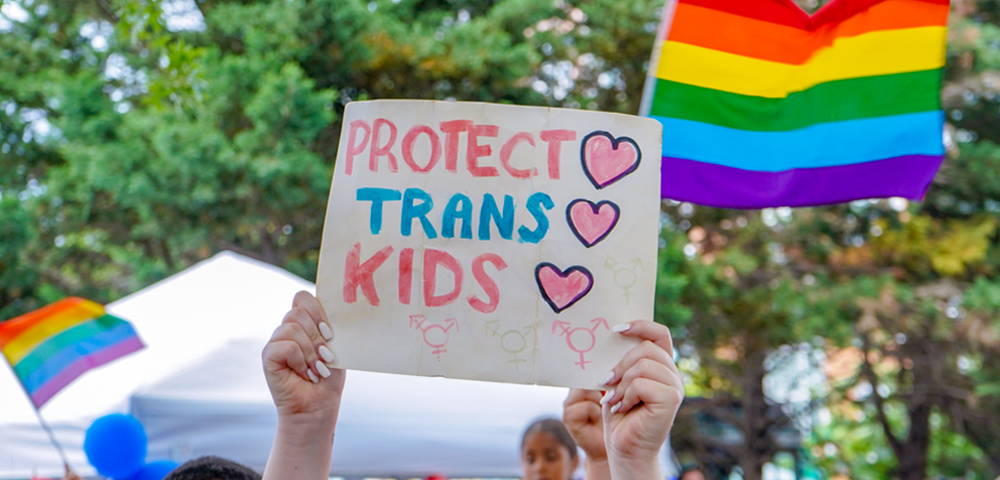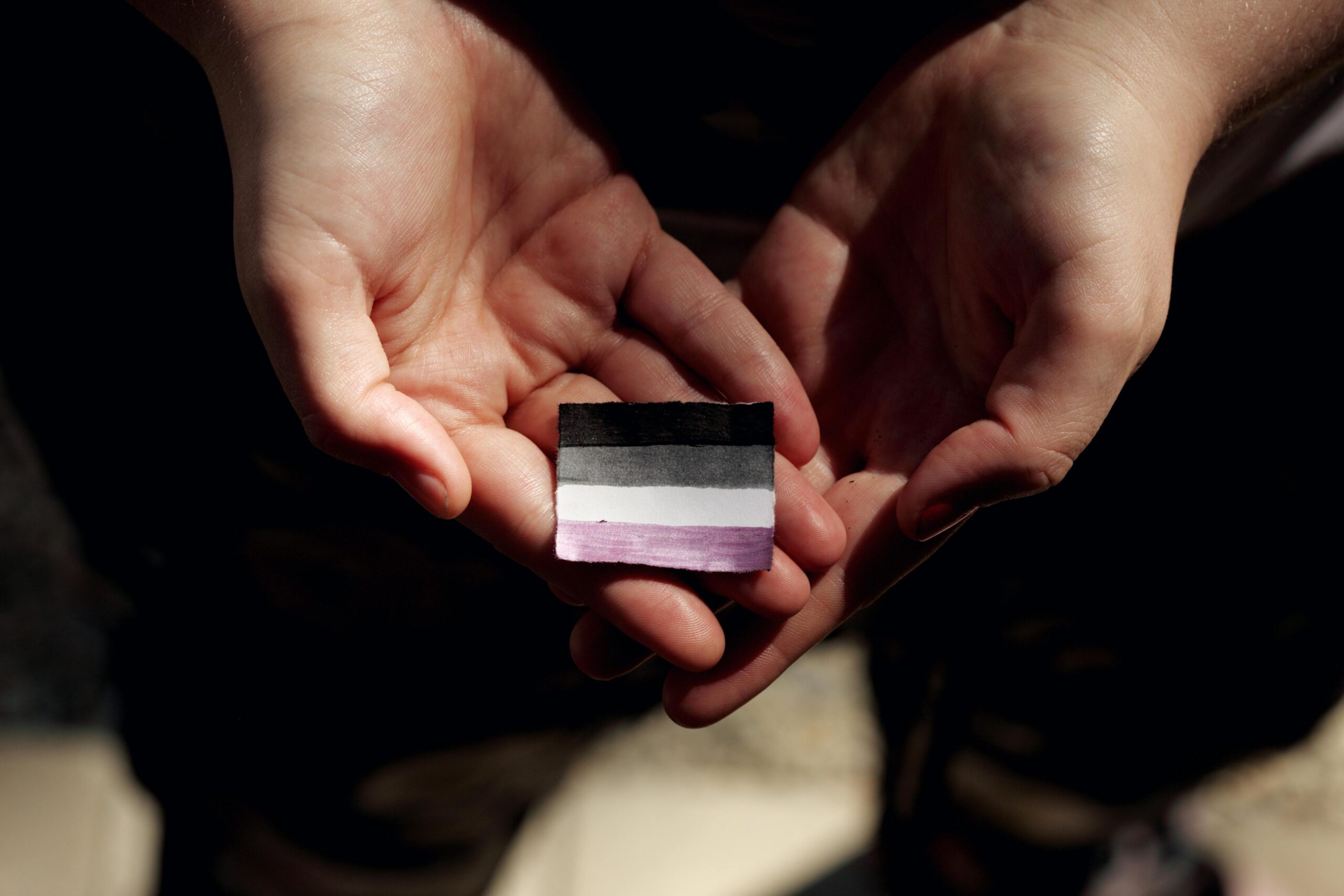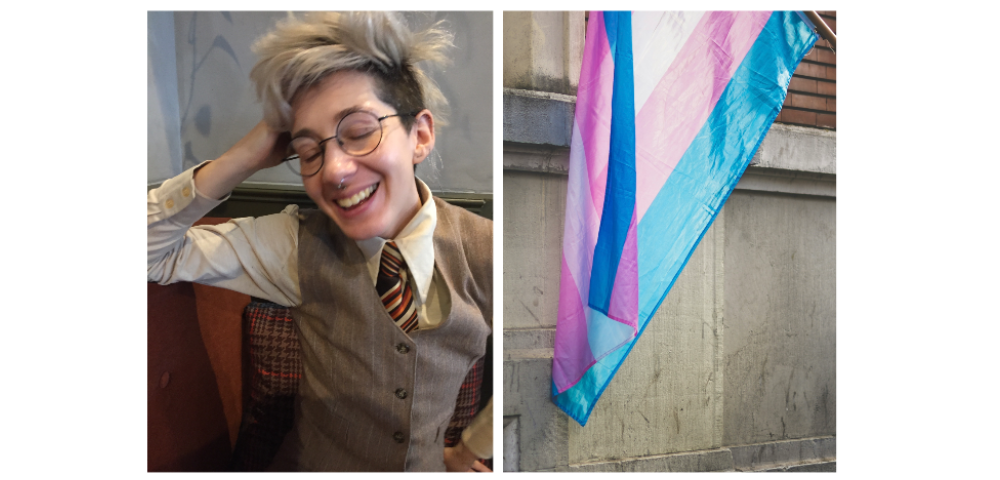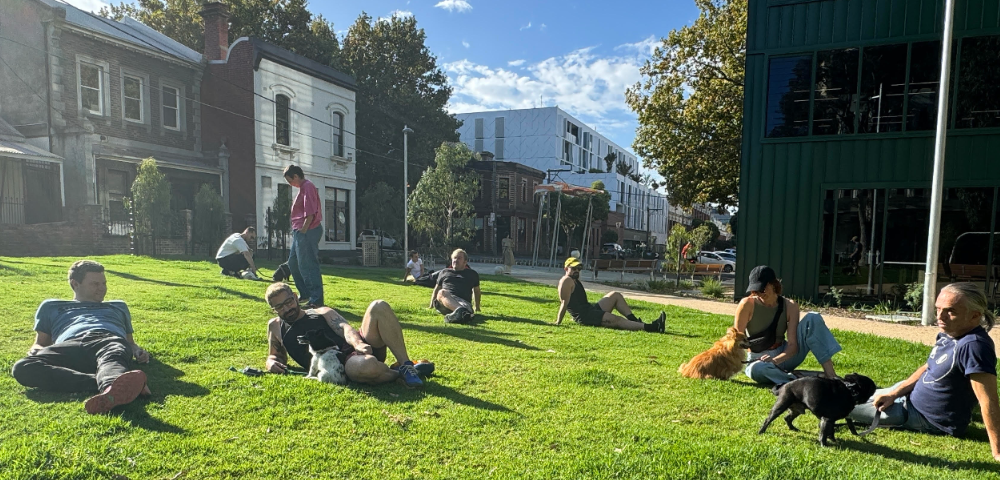
What the Racial Discrimination Act can teach Australians about marriage equality

IN 1972, my parents were married in Queensland – the groom was brown-skinned, the bride white.
Being three years before the introduction of the Racial Discrimination Act into Australian law, it would have been perfectly legal for a racist cake-maker, florist, or caterer, disgusted by the notion of mixed-race marriages, to refuse to provide services for the wedding.
In those days my dad, who had Indian parents, could have been lawfully discriminated against in pubs and cafes or even job and tenancy applications.
I reflect on this – the recentness of it, the indecency of it – whenever I think about the carry on today about same-sex marriage.
In the 45 years since the Racial Discrimination Act, we haven’t abolished racism. Discrimination still occurs. Implicit and covert forms of racism still blight the lives of many Australians, especially the first ones. But as a brown-skinned Australian, knowing that the law has my back on this issue cannot be understated. It has made my life possible.
While we were too slow to outlaw racial discrimination, we still can’t get it together to fully outlaw discrimination against the LGBTI community.
Once it is legal, we have to protect same-sex marriages as we now do inter-racial marriages. If it is not okay to refuse to serve a mixed race couple, it’s not okay to refuse to serve a same-sex one. If you can’t sack Kate for getting married to Sunil, you can’t sack Kate for marrying Lakshmi either.
In 2013, landmark legislation was passed. It has a cumbersome name – Sex Discrimination Amendment (Sexual Orientation, Gender Identity and Intersex Status) Act 2013 – but really historic significance.
The effect of the 2013 Act is to prohibit discrimination against people on the basis of their sexuality. That means that a same-sex couple enjoying a commitment ceremony this weekend (of course, marriage itself remains discriminatory) would be protected from discrimination by a homophobic cake maker or employer.

These changes to law mean the hard work in the removal of legal discrimination against same-sex couples in Australia has been done. By comparison, allowing marriage should be easy.
Unfortunately, it is not turning out that way. Even if we get past the Turnbull Government’s frustrating refusal to put the issue to a vote in parliament, we have another headache down the road.
Last year the Government published a draft bill to legalise same-sex marriage to demonstrate its current thinking on the issue.
The bill would allow religious organisations and clerics to continue to refuse to solemnise or make facilities available for same-sex marriages.
Australian law has long recognised parallel pathways to marriage: religious and civil. Given the significance of marriage to many people’s religious beliefs, if we are to have a tolerant and diverse society that respects religion these parallel pathways are important to maintain. But this is where the Government’s draft bill crosses a line. It would provide that civil marriage celebrants can also refuse to solemnise a same-sex marriage on religious or ‘conscientious’ grounds. This is worse than allowing cake-makers or photographers to discriminate against same-sex couples, because marriage celebrants are exercising a type of government power.
Celebrants are registered by the government and allowed a special power under the Marriage Act to perform a service, for a fee, that no ordinary person may do. Religion is not an excuse to discriminate for other agents of government. Imagine the injustice (and outrage) if a Hindu officer of the Tax Office decided to audit a Muslim taxpayer on religious grounds, or a Zoroastrian at VicRoads refused to issue driving licences to atheists. If we are to remove this last form of state discrimination against gays and lesbians, which we must, we have to do the job properly.
This exception should not form part of the final law. That’s why it was both encouraging and significant to see a cross-party Senate committee reach consensus recently in voicing concerns about discriminatory aspects of the draft bill.
Forty five years ago, there were plenty of people predicting an Australian collapse would follow the enactment of the Racial Discrimination Act. They were wrong.
Australia has been painfully slow to protect our LGBTI residents from the indignities of discrimination. Marriage remains the final legal barrier, all the more frustrating because it now feels so close and yet so far and for reasons that don’t make much sense. When it gets done though, let’s make sure we bury state-sanctioned discrimination forever and not let it keep a toehold in the law.
Jacob Varghese is Maurice Blackburn CEO and former Head of the Social Justice Practice. For assistance in your state, visit: www.mauriceblackburn.com.au/about









